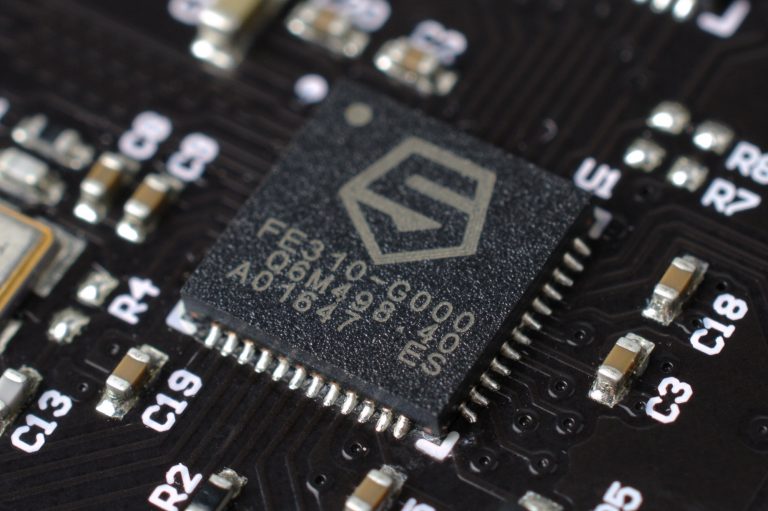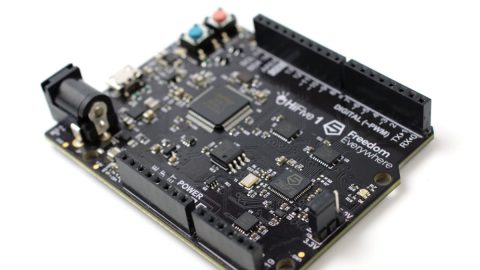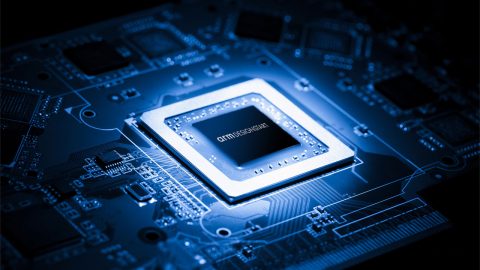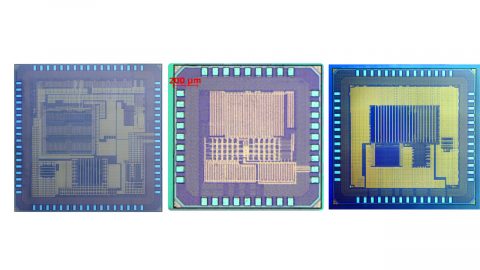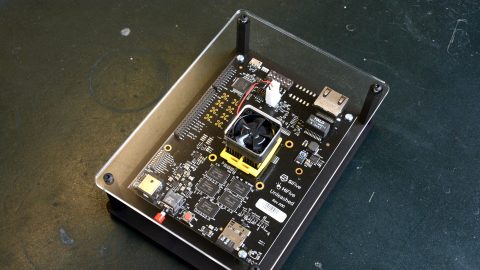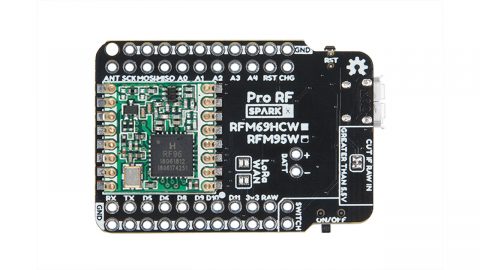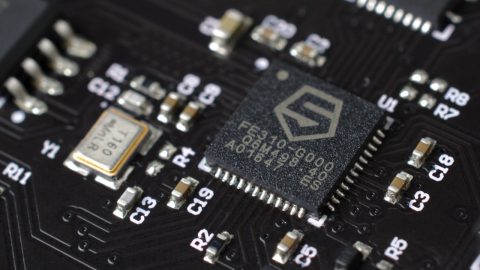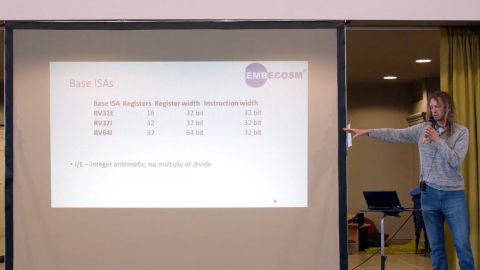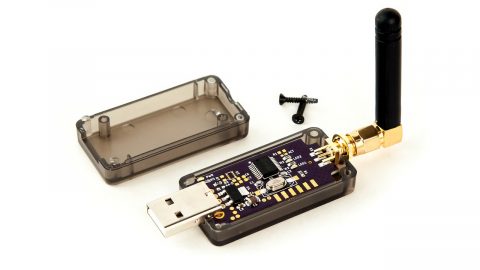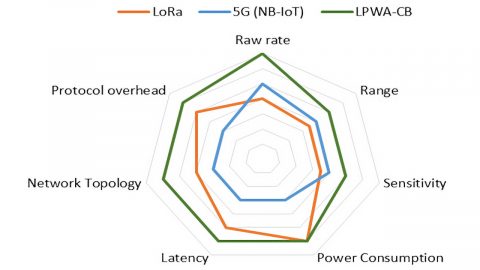The latest on developments at AB Open and across the wider community.
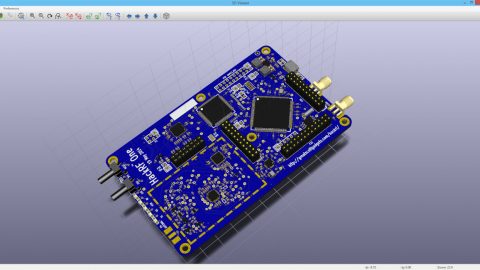
Open-Source KiCad EDA Hits Version 5.0.0
Popular open-source electronic design automation (EDA) package KiCad has hit its milestone 5.0.0 release, described by the team as “a new generation” of the software. “Almost a year after the release of KiCad 4.0.7, the KiCad development team is proud to present a new and improved KiCad 5.0 release,” the… Read More
